Thyroid Hormones
The thyroid is a small endocrine gland located in the front of the neck. Shaped like a butterfly, it produces three important types of hormones such as, Thyroxine or T4 Triiodothyronine, T3 and Calcitonin, which carries out many special functions. When it comes to thyroid hormones, clinically it is mainly referred to the function of the T4 and T3.
Thyroid hormones have relatively wide functions. Regulating metabolism while a person is at rest is one. For example, while sitting still or being motionless, the process of metabolism in the body will be affected. The metabolic rate in each person is different and also known as Basal Metabolic Rate.
In addition to controlling the metabolism the thyroid gland is also responsible for the protein synthesis in the body. Its other function also includes, controlling the growth rate (height) in a growing child. Many research studies have shown that people with insufficient thyroid hormone normally would not be tall.
Another important function of the thyroid hormones is to help regulate the work of the adrenal glands which relates to the metabolic system. People with high thyroid function or hyperthyroidism will normally experience a warmer body sensation. While people with low thyroid function or hypothyroidism may experience being cold. In addition, they may also experience poor bowel movement due to the worsening of the digestive system.
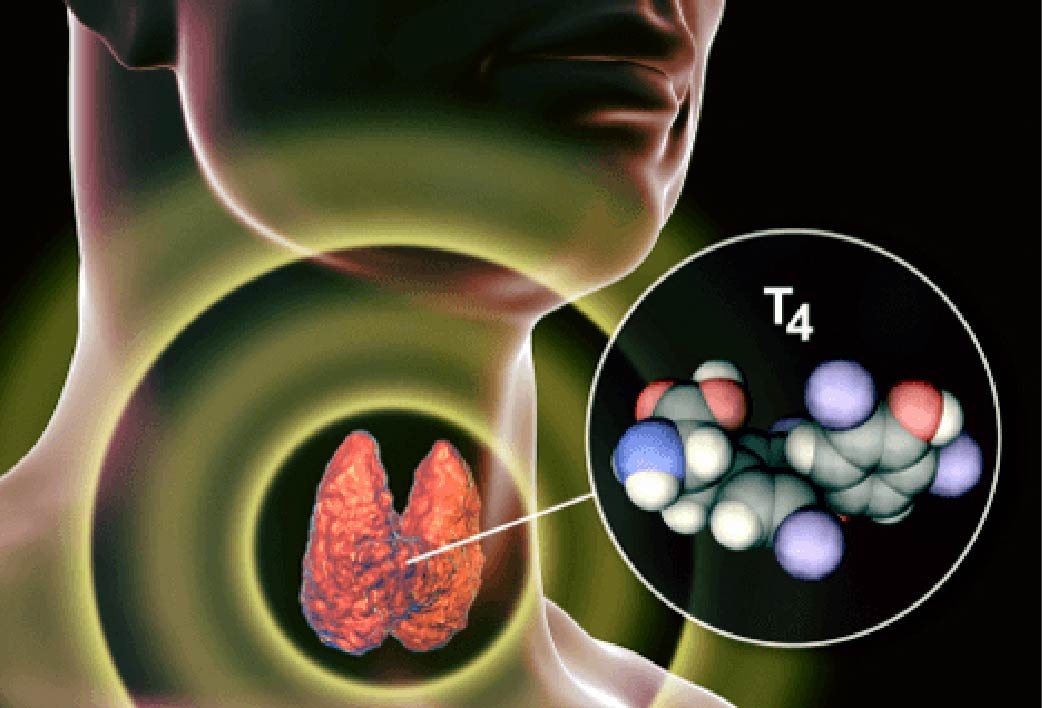
Types of thyroid diseases
Hyperthyroidism
Hyperthyroidism occurs when the body has higher than normal levels of thyroid hormones. The clinical blood test results would normally show high levels of T3 or T4 and low levels of the Thyroid-Stimulating Hormone (TSH). In most cases, patients with hyperthyroidism often experience irritability and restlessness. The other symptoms are as follows:
|
|

3 possible causes of Hyperthyroidism:
1. Thyroiditis and Grave's disease are autoimmune diseases of the thyroid. According to research studies, they are caused by the stimulation of the TSH receptors that are located on the thyroid gland. This can in turn lead to abnormalities that occurs in the immune system of the thyroid gland. As a result, the thyroid gland produces more hormones.
2. The thyroid gland secretes too much hormones due to an abnormal metabolism which can cause many other secondary medical issues which includes hyperthyroidism.
3. Taking medications such as Amiodarone to treat arrhythmia can also cause hyperthyroidism.
Hypothyroidism
Low thyroid hormone levels or hypothyroidism is a condition which is related to the function of the thyroid. Clinical testing would indicate that the T3 or T4 levels are low and TSH levels are high. This is because the body produces little thyroid hormones and is insufficient for use. Those suffering from this disease would normally experience fatigue, chills, weight gain, constipation, depression, poor motor and brain functions. In addition, they might also experience muscle weakness, frequent cramps, dry plus scaly skin, brittle nails, lack of sexual drive and abnormal menstrual cycle.

Causes of hypothyroidism
- High levels of toxins or heavy metal residues in the body due to sedentary lifestyle and poor diet.
- Hashimoto Thyroiditis is commonly caused by a disorder in the immune system. Hypersensitivity destroys the thyroid tissue causing the thyroid gland cells to be inadequate which in turn causes low hormone production.
- Pituitary hormones malfunction is another possible cause of hypothyroidism. It causes low production of hormones that control the brain function.
- Hypothyroidism due to secondary treatments that triggers toxic thyroiditis. This is mainly caused by medicaments such as Iodine 131 or radioactive Iodine and in patients with thyroidectomy. They can result in poor thyroid hormones production.
Risk factors for hypothyroidism
Older women and those with a family history of thyroid disease are at a higher risk of having hypothyroidism. In addition, secondary illnesses such as autoimmune issues, type 1 diabetes, overactive bowel disease, history of frequent exposure to radiation or those who have had a previous thyroid surgery are also at risk. Studies have shown that it is important for pregnant ladies to keen their thyroid hormones levels in-check especially during the postpartum period. Those prone to fatigue, should also go for a thorough thyroid diagnostic test.

Hypothyroidism, if untreated
- Increase in TSH hormone levels triggered by the pituitary gland stimulates the thyroid gland to divide and may cause secondary health problems.
- Inadequate thyroid hormones can affect the metabolic system and energy generation.
- Constant stimulation of your thyroid may cause the gland to become larger and can affect appearance and may interfere with swallowing or breathing. This condition is known as goiter.
- Increased risk of heart disease and heart failure due to high levels of low-density lipoprotein (LDL) cholesterol.
- Slow mental function and depression may occur early in hypothyroidism and may become more severe over time.
- May damage the peripheral nerves that carry information from your brain and spinal cord to the rest of your body.
- Fertility may be impaired.

Thyroid treatment according to the type of disease.
Treatment of hyperthyroidism can be done by using medicaments that suppress the thyroid function. There are two different types of medication in this group:
- Propylthiouracil (PTU)
- Methimazole (MMI)
Do note that that both medicaments mentioned above must be taken according to the treating doctors’ orders as there maybe side effects such as the suppression of the bone marrow function. In addition, regular blood tests will also be done to ensure that there are no abnormalities. In cases where patients experience side effects, alternative medication such as oral supplements, surgical intervention or hormone replacement therapy may be needed.

Treatment of hypothyroidism; oral medication therapy, hormones replacement or the combination can be an option.
Thyroid hormone, T4 (Thyroxine) gets converted to T3 (Triiodothyronine) in the body through an enzyme known as selenium. Therefore, when taking T4 hormones, selenium supplements are recommended to help with the T3 conversion. To prevent side effects like hormone deficiency and tremors, the treating doctor would have to titrate the use of T-3 hormones accordingly. However, in cases where patients do not have any adverse reaction, the doctor will focus on T4 as a key form of treatment for hypothyroidism.
Thyroid hormones used are commonly extracted naturally from animals. The dosage of the hormone medicament prescribed will be determine by the doctor after a diagnostic test. If a patient finds that there is no improvement to his or her condition or experience any form of unusual side effects from the use of the hormonal medicament, they should immediately inform their treating doctor. The doctor will then determine the titration or the appropriate course of action. Patients should Not stop taking the medication without getting the doctor’s advice.
With regards to the Integrated Medicinal treatment approach, the doctor will recommend the use of compounding medication. It is a personalized form of prescribed medicine based on the individual’s precise medical condition. This is done by measuring the T3, T4 hormone levels and adjusting the personalized hormone formula to suit each individual. Factors like symptoms, hormone levels, patient’s lifestyle, secondary conditions and other perimeters are strictly considered.
Integrated Medicine focuses on solving the underlying thyroid problems by balancing the immune system.
Integrated medicine treatment approach focuses on the root cause. The principle is to fix all issues by looking into the actually underlying problem at its roots. By doing so, it will not only improve the symptoms of the disease but also increases the opportunity to help the body return to normal. Solving the problem at the root cause can prevented any form of thyroid degeneration. Research studies have repeatedly shown that patients on conventional medications would have their symptoms improved. However, the symptoms of the disease returns as soon as they stop taking medication.
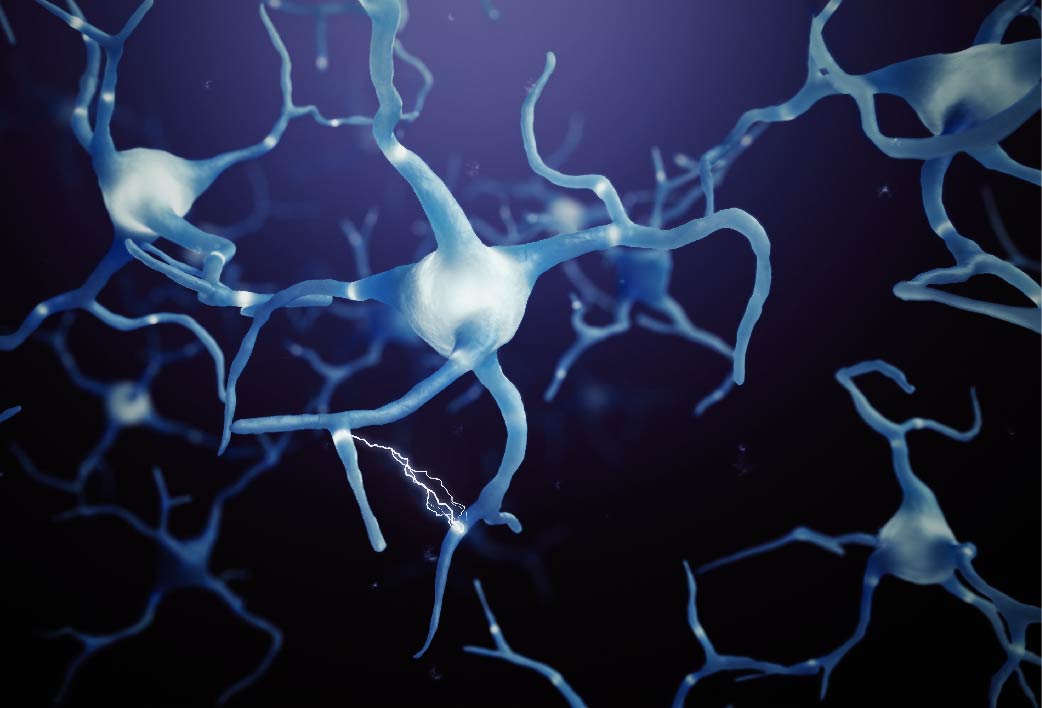
The common cause of relapse is because the actual problem was not solved at the root cause plus other underlying issues such as:
- An overactive immune system which has not been corrected. The body is still a reservoir of toxins and heavy metals which interferes with the absorption of iodine into the thyroid gland. This causes the body to not get enough iodine and therefore hormone production is affected.
Hence, if the body has toxins and heavy metal residues, detoxification through chelation is needed. The amount of toxins or heavy metals left in our bodies truly depends on how well the detoxification therapy is carried out.
- The immune system function gets affected by the presence of a foreign body that may cause infection. As a result, white blood cells may malfunction and will not be able to get rid of abnormal or infected cells. In time, those abnormal cells will stimulate the immune system to produce abnormal immunity which may eventually destroy the thyroid gland.
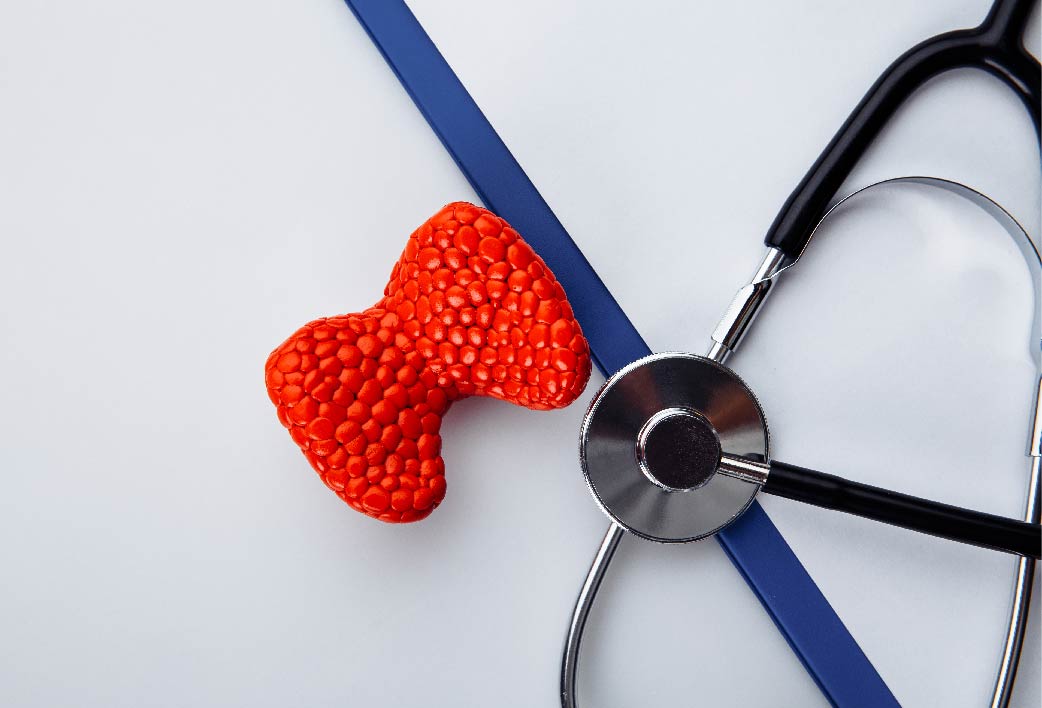
There are many ways to stimulate the immune system and exercise is one of them. In addition, vitamin D supplements, laser light therapy such as UVL High Power Laser, ozone therapy can also help to stimulate the immune system. The use of vitamins and supplements can help assist to regenerate the thyroid function. If the thyroid cells have been destroyed, organ specific peptide may be used to stimulate the cells function.
All of the above mentioned are root cause treatments by the Integrated Medicine approach. Thyroid problems are becoming more common these days. Day in, day out we are faced with many causative factors. Therefore, one should focus on good health by boosting immunity and taking preemptive measures by going for regular check to detect any abnormalities. As we know, early detection increases the chance of a cure.
..........


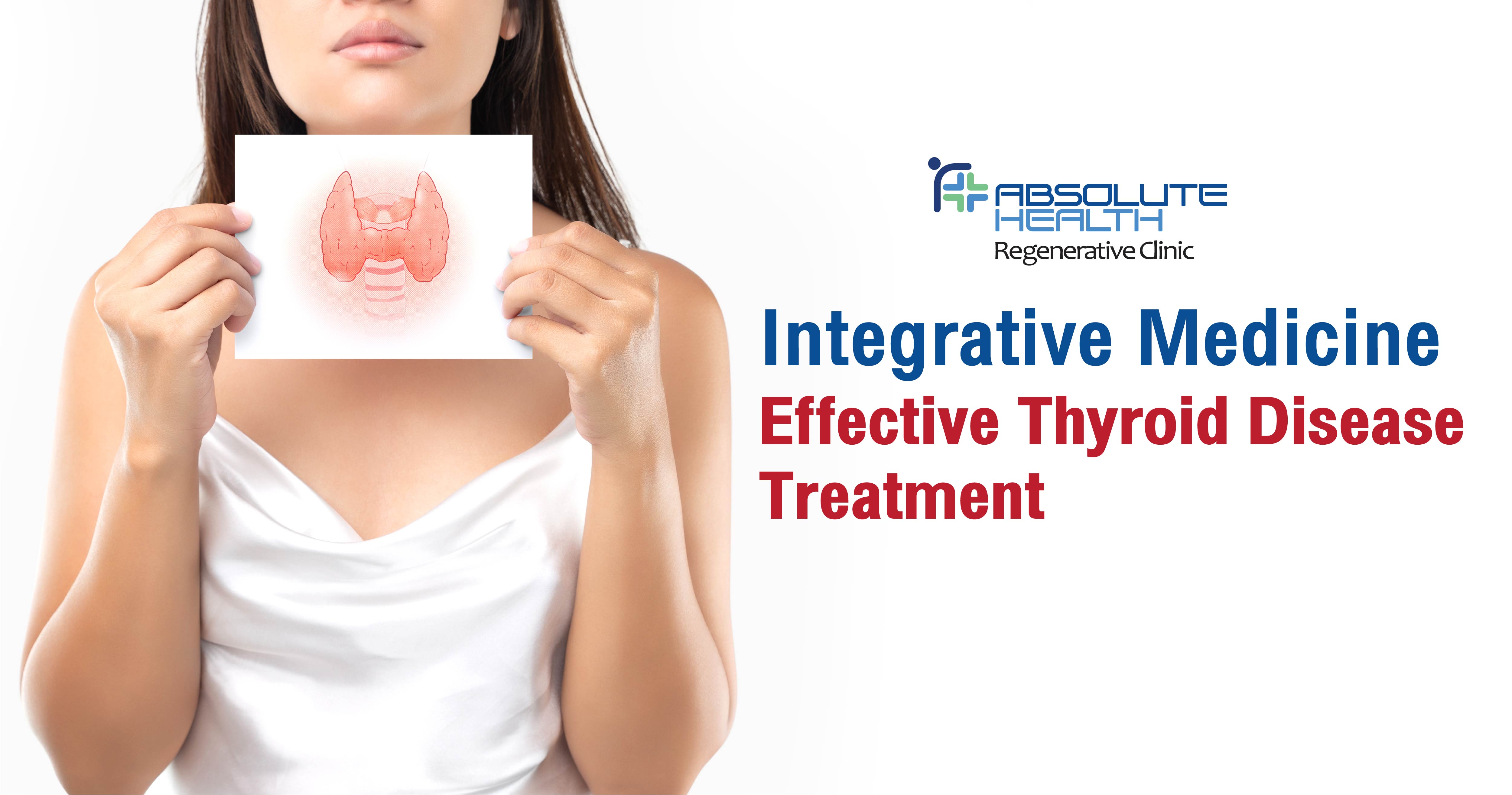
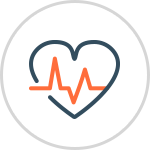

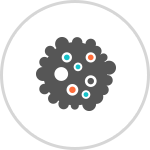

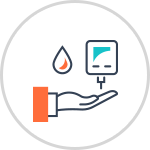
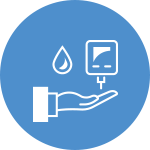
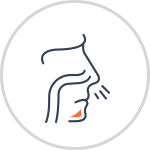

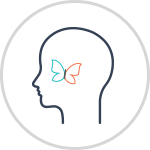

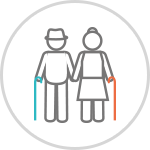

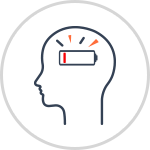
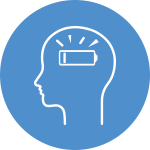
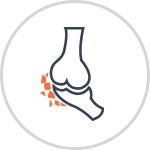
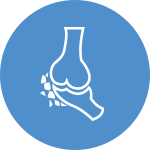


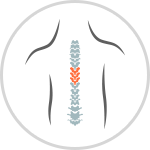

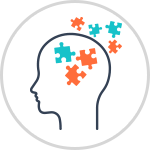
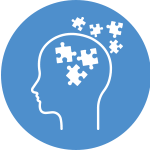
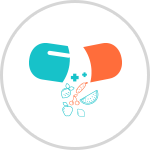


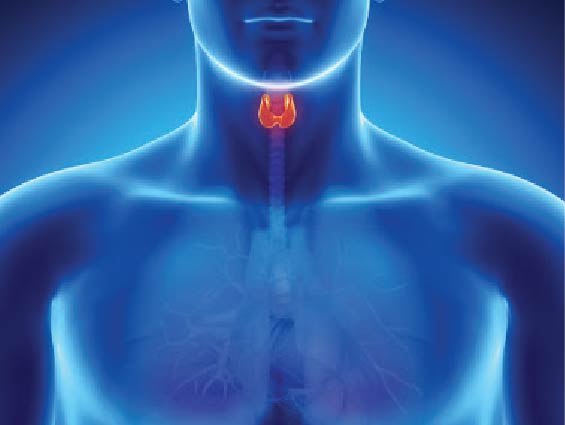
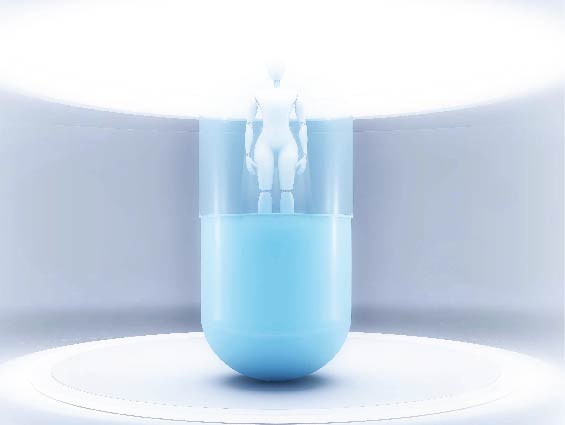

Sign In
Create New Account